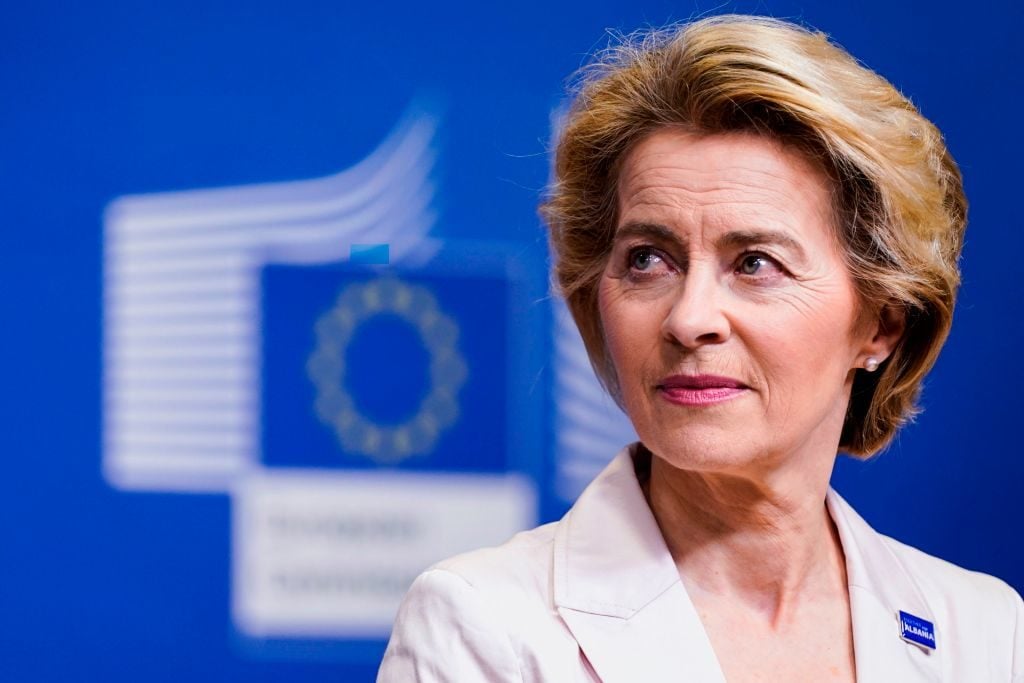Art World
The European Union Has Boosted Its Culture Bailout to €2.8 Billion After Pushback From Industry Leaders
Officials negotiated an additional €600 million for culture as part of a wider bailout that will support all 27 EU member states.

Officials negotiated an additional €600 million for culture as part of a wider bailout that will support all 27 EU member states.

Kate Brown

The European parliament and the European council have finally agreed on an ambitious long-term recovery plan for its 27 member nations. The historic €1.8 trillion ($2.1 trillion) agreement, which was announced on November 11, will include a provision of €2.8 billion ($3.3 billion) to support the cultural field.
Called NextGenerationEU, the final budget proposed includes an extra €600 million for European member countries to spend on culture over the next seven years, beginning in January 2021. This is a top-up on the initially proposed budget of €2.24 billion euros for Creative Europe, the parliament’s pan-continental cultural program. The additional funding for culture came after some culture officials pushed back against the initial budget proposal, as reported by Artnet News in May.
The budget must now be formally adopted by the European parliament and the council and ratified in December by member states. A 21-day negotiation period begins on November 17 between the EU government body and the national parliaments involved.
The long-term budget for Creative Europe now totals €2.8 billion, a substantial increase from the 2014-2020 budget of €1.46 billion. Germany’s culture minister, Monika Grütters, calls the updated funding for culture “good news” and “a sign of solidarity” for the cultural sector in the midst of the coronavirus crisis. “It is precisely in these difficult times that we need encouragement and confidence for culture in Europe;” Grütters said in a press statement.
Much of Europe is back in lockdown after a short reprieve this summer, including its many museums. The revised budget is a win for the culture sector after several industries fought to gain additional support from the initial NextGenerationEU budget proposal in May.
The EU recovery package, in total, consists of a €1.8 trillion injection into the economy. The EU intends to borrow €360 billion on the market in order to help its various industries recover.
Sabine Verheyen, chairman of the committee on culture and education for the European parliament tells Artnet News that she is “delighted” that the parliament was able to succeed on securing extra funding for the Creative Europe program. It is “almost double” what was proposed by the European Parliament initially, she notes.
“The increase in funding for Creative Europe will have a huge impact on the initiatives to be funded and will directly benefit European cultural enterprises and professionals,” Verheyen says. She adds that she is also aiming for member states to be able to allocate two percent of the budget of another EU budget plan—the Recovery and Resilience Fund—to help reconstruct the cultural and creative sectors. “Member States should be encouraged to fully integrate the cultural and creative sectors into their national recovery plans,” she says.